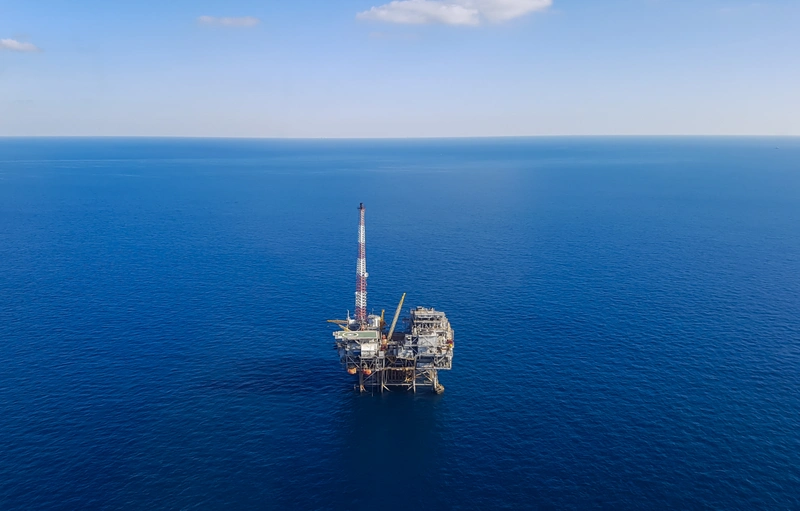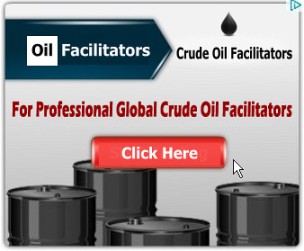
Under the Trump Administration, Americans have enjoyed the benefits of consecutive increases of record-high oil production from the U.S. Outer Continental Shelf (OCS) for 2018-2019.
During this same time period, the Bureau of Safety and Environmental Enforcement (BSEE) matched this historic production achievement by driving the best environmental stewardship performance, in at least a quarter of a century, as evidenced by a key metric: oil volume spilled from active exploration and production activities on Federal offshore leases.
As a result, the American offshore energy brand is no longer an ‘either/or’ equation. We have accomplished in a short period of time what few thought possible: record production combined with outstanding environmental performance on the OCS.
Despite what you may have heard, under the Trump Administration, BSEE staff implemented about 85 new environmental initiatives to equip itself with strong, smart and durable processes and programs, ranging from smart environmental compliance verification methods to address other user group concerns on the OCS to improved regulations.
The results are impressive. When comparing total spill volume per one million barrels of oil produced offshore, 2018 and 2019 represent the two best performing years in at least a quarter of a century. The 2019 volume spilled was approximately 72 barrels out of 697 million barrels produced. This ratio is equivalent to the ratio of about one cup, or 17 tablespoons, in a 660,430-gallon Olympic sized pool. 2018’s volume spilled was even less, at approximately 51 barrels out of 646 million barrels produced, which was about ¾ of a cup, or 13 tablespoons in a 660,430-gallon Olympic sized pool.
The 2018 offshore spill volumes from active exploration and production on federal offshore leases equals less than 1% of the volume (8,154 barrels) spilled by commercial marine transportation that same year. This comparison highlights this fact: the volume of oil spilled by American OCS exploration and production is overwhelmingly less than the volume spilled from marine transportation, often from the transportation of foreign-sourced production.
Furthermore, the volume spilled in 2018 and 2019 is de minimis when compared to the “natural seepage” of crude oil from geologic formations below the seafloor to the marine environment off North America, as reported in a well-known National Academies publication, Oil in the Sea.
Furthermore, BSEE understands the OCS is a vital national resource and America expects us to regulate it in a manner that respects its multiple users, human and marine life alike.
BSEE is pleased to report, during this administration, there has not been a single reported incidental marine mammal or sea turtle fatality resulting from oil and natural gas exploration and OCS production activities.
Additionally, OCS operators have consistently flared and vented less than 1.25% of produced natural gas since 2017, making it one of the best performing and producing provinces in the United States in this category in 2018 and 2019.
BSEE underscored its comprehensive role of environmental stewardship and safety performance by increasing its offshore presence. The number of inspections in 2019 increased 46% when compared to 2016. That presence also involved a 33% increase in the “inspector to facility ratio” in 2019 when compared to 2016.
Department of the Interior Secretary David Bernhardt emphasized the importance of the Gulf of Mexico for energy resources and infrastructure in the United States when he said, “Safe and sustainable oil and natural gas production in the Gulf is crucial for our Nation’s national security, the economy, and American jobs.”
Finally, in 2019 when comparing offshore exploration and production injury and illness data that BSEE has been tracking for decades with data from annual Bureau of Labor Statistics reports, the offshore industry had the second-best performance among high hazard industries in America – ranking second only to the nuclear power generation industry.
Thanks in great part to the OCS, America is no longer as reliant on foreign oil and gas. In 1973, we experienced an oil embargo, resulting in a strangled energy supply, skyrocketing inflation, and an implosion of the American economy.
Congress and the private sector responded with a hope America would never be held hostage again. We have come a long way in 40 years and today we are the #1 producer on the planet, with offshore representing 15% of America’s oil portfolio. Our businesses have created a robust offshore energy program that helps fuel our Nation.
While it is the American way to be leaders and pioneers, we cannot ever forget the importance of safety and environmental stewardship. Without it, great achievements are temporary. I am thankful for the efforts and commitments of my BSEE teammates and the men and women of the offshore energy sector who wear the hard hats and steel-toed boots; who kiss their families goodbye and set out to do the hard work of fueling our country.
Author:
Scott Angelle is the Bureau of Safety and Environmental Enforcement Director. The Bureau of Safety and Environmental Enforcement (BSEE) is the U.S. federal agency charged with improving safety and ensuring environmental protection related to the offshore energy industry, primarily oil and natural gas, on the U.S. Outer Continental Shelf (OCS).
The opinions expressed in the article are those of the author and do not necessarily reflect the official policy or position the views of Offshore Engineer.




No comments
Post a Comment